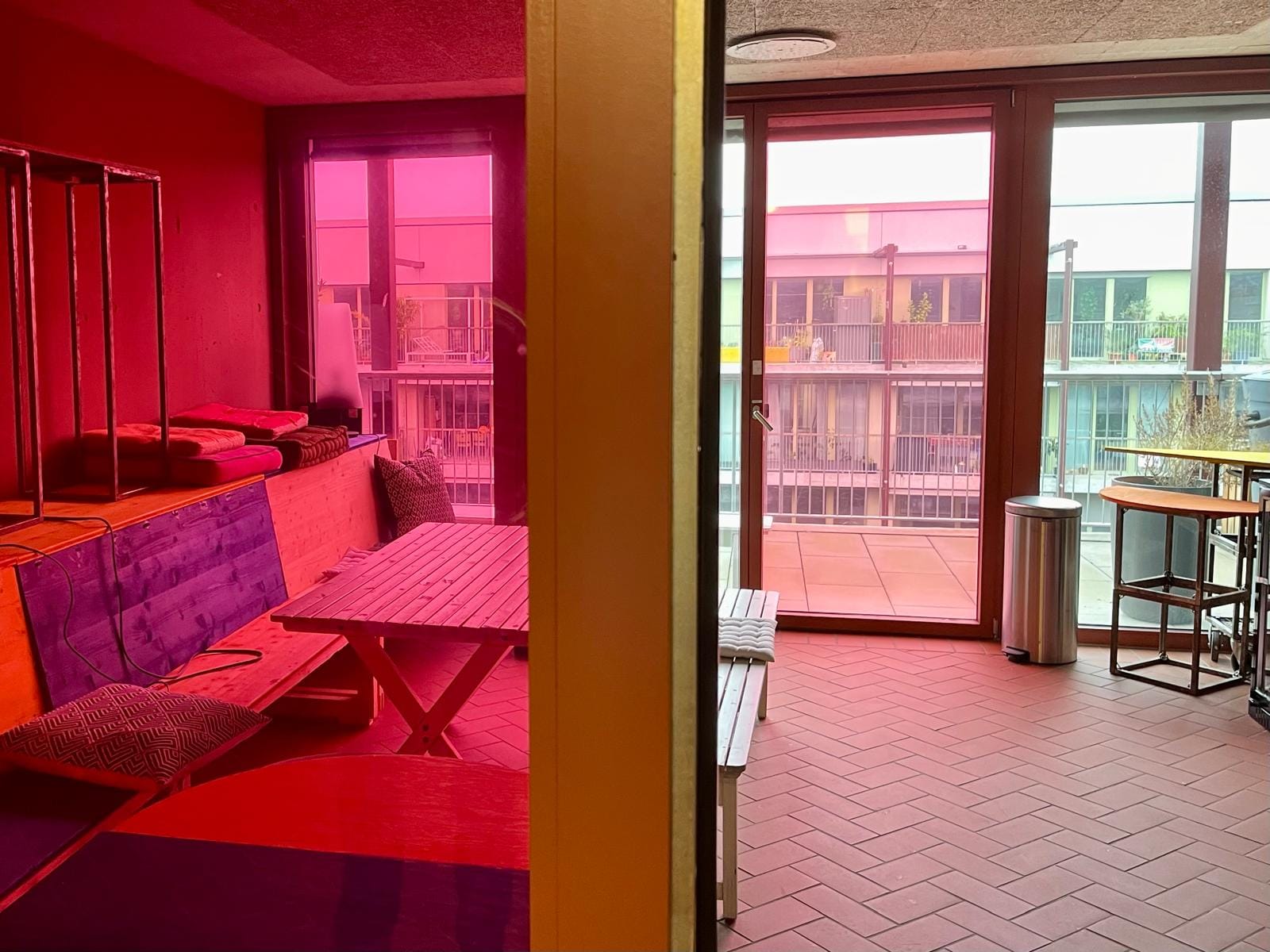Regeneration by means of Cooperation: The Housing Cooperative and its Role in Urban Redevelopment

Cities are faced with increasing challenges related to housing affordability and social fragmentation as investor-driven urban development often leads to gentrification and the displacement of vulnerable groups of residents. The housing cooperative, a non-profit enterprise owned by its members, offers an alternative that prioritises use value over exchange value. While the literature widely acknowledges the societal relevance of the housing cooperative, existing research has focused on either affordability or community aspects, underrepresenting their combined impact within the context of urban regeneration.
This thesis examines the housing cooperative’s contribution to urban regeneration, analysed from the double-perspective of home affordability and community development.
A qualitative methodology is employed, consisting of eleven semi-structured interviews with board members of housing cooperatives from Basel, Bern and Zurich as well as with an expert from the Swiss Housing Cooperatives Association. All cooperatives are part of an urban regeneration project completed in the last ten years – or currently under construction – and reflect a range of sizes, histories and governance models.
Findings reveal that cooperatives, through cost-based rent and non-speculative land tenures as well as municipal land leases and partnerships with NGOs, provide housing at rents that are 20-40% below market levels. Community development is encouraged by participatory governance, interaction-inviting architecture and a culture of sharing. The challenges include rising land prices, conflicts between sustainability and affordability, entry barriers for disadvantaged population groups, as well as privacy and social engagement issues.
The results confirm that housing cooperatives contribute to sustainable and equitable urban redevelopment, but their market share remains too small to create systemic urban transformation.
The research contributes to understanding how the cooperative model can be an effective alternative to market-driven urban redevelopment, offering insights to policymakers seeking to create more equitable cities.
Tags: housing cooperative, urban regeneration, community development, affordable housing